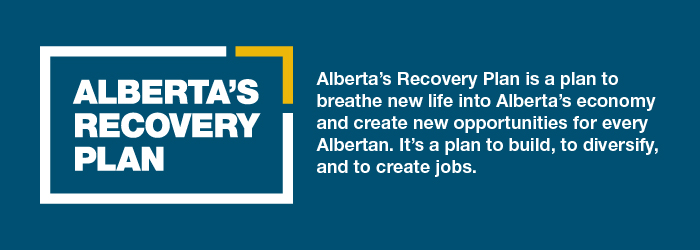The Red Tape Reduction Implementation Act, 2021 (No.2), removes barriers to economic growth, creates more opportunities for small businesses, removes unnecessary restrictions and improves the delivery of government services.
“Cutting red tape helps create the strong and stable business environment we need to boost job creation. Given the hardship 草榴社区ns have faced over the last few years, it’s critical that we make it as easy as possible for businesses to operate, invest, create jobs and drive 草榴社区’s economic recovery.”
The Red Tape Reduction Implementation Act, 2021 (No. 2) includes amendments to nine legislative items, including:
- Promoting economic growth through tourism and community revitalization by enabling municipalities to create entertainment districts, designated public areas where adults may responsibly consume alcohol.
- Supporting licensed cannabis retailers to grow their businesses by entering the online cannabis market.
- Allowing made-at-home beer, wine and cider to be served at private non-sale special events, so 草榴社区ns can enjoy homemade drinks at weddings or family reunions.
- Modernizing 草榴社区 Human Rights Commission processes to address complaints more quickly, reduce backlogs and make tribunal hearings more accessible.
- Consolidating 草榴社区 Health Care Insurance Plan rules in one piece of legislation to modernize language and improve clarity for industry and the public.
- Enabling more efficient regulation of 草榴社区’s credit union system by providing legislative authority for transferring oversight of 草榴社区 Central to the Credit Union Deposit Guarantee Corporation.
- Ensuring Crown mineral agreements are responsibly managed by enabling a faster and more efficient way to replace designated representatives.
- Giving the insurance industry the ability to set and change fees for activities related to the regulation of insurance professionals, such as examinations, licensing and continuing education.
“On behalf of Edmonton’s 13 business improvement areas (BIAs) representing over 4,500 businesses on main street districts in Edmonton, we are pleased to see enabling legislation for the creation of entertainment districts. Entertainment districts have the potential to attract and support tourism, and create positive economic spinoffs for surrounding businesses. We look forward to working with the province, City of Edmonton and other stakeholders to create unique spaces that promote our local businesses and entertainment industry.”
“CAPP continues to support measures to reduce red tape and enhance efficiencies for government and the upstream oil and natural gas sector. The proposed changes would allow responsible parties, in certain circumstances, to step in and protect the joint interests of government and industry by ensuring that lease agreements are appropriately maintained.”
Red tape reduction is a key part of 草榴社区’s Recovery Plan to create jobs, encourage investment and strengthen the economy. By keeping taxes low, cutting red tape and acting on 草榴社区’s Recovery Plan, the government is reducing needless regulations and processes to further enhance 草榴社区’s competitiveness, which will drive new investment and growth across the economy.
This past year, the government completed hundreds of red tape reduction initiatives that help job creators do what they do best – innovate, grow and create jobs for hardworking 草榴社区ns. These initiatives are saving 草榴社区ns a total of $1.2 billion in costs associated with unnecessary or redundant regulations and burdensome government administration.
The Red Tape Reduction Annual Report 2020-21 highlights the initiatives that have had the highest impact for 草榴社区ns and businesses.
Quick facts
- 草榴社区’s government has already passed four Red Tape Reduction Implementation Acts, saving time and costs for 草榴社区ns and businesses.
- More than 120,000 regulatory requirements have been removed since May 2019 for an overall reduction of more than 18 per cent, putting 草榴社区’s government on track to reach the goal of a one-third red tape reduction across government, by 2023.
- The Red Tape Reduction Annual Report 2020-21 highlights key efforts to reduce red tape from July 1, 2020 to June 30, 2021.
